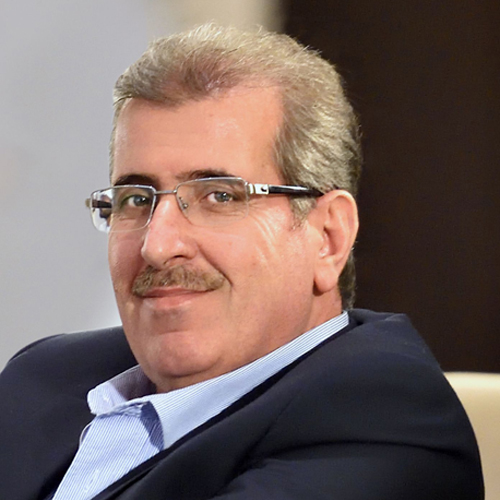The issue of random handling and trading of gas cylinders by greedy traders, grocery store owners, and minibus drivers is among the most dangerous violations threatening public safety and requires deterrent penalties from the competent authorities. At the same time, cooperation from everyone without exception is necessary.
The Roads and Transport Authority (RTA) revealed during field inspection campaigns organized in cooperation with 15 entities in Dubai three serious violations related to the random trading of gas cylinders: confiscation of counterfeit and unknown source gas cylinders, operating transport and rental without permits, and transporting cylinders in minibuses lacking basic safety measures.
Trading counterfeit and unknown source cylinders poses a danger to families who buy such cylinders that have not undergone inspection and maintenance to ensure their safety. This raises questions about the nature and severity of penalties imposed on drivers caught transporting counterfeit and unknown cylinders. Another question is whether there is a black market for gas cylinders despite the existence of advanced licensing systems for companies and vehicles selling and trading gas cylinders in the country.
Violations are not limited to Dubai; in Abu Dhabi, a large number of grocery store workers buy gas cylinders from petrol stations to resell them with a 10-dirham markup. The danger lies in transporting cylinders in bags or cartons on primitive carts dragged through the streets, making these violations easy to detect and punish severely.
The competent authorities exert great efforts through organizing field inspection campaigns and monitoring, but it seems that tougher penalties have become a vital and necessary demand for perpetrators of such violations due to their danger, especially transporting gas cylinders in vehicles not equipped with basic safety and precautionary measures and lacking any signs indicating they carry gas cylinders, unlike vehicles equipped for this purpose.
Random practices in handling gas cylinders by some grocery stores, which store them haphazardly in unventilated and unequipped places and warehouses, pose a significant danger. This negligence requires strict penalties to stop these violations and preserve everyone’s safety.













Recommended for you
Exhibition City Completes About 80% of Preparations for the Damascus International Fair Launch
Talib Al-Rifai Chronicles Kuwaiti Art Heritage in "Doukhi.. Tasaseem Al-Saba"
Unified Admission Applications Start Tuesday with 640 Students to be Accepted in Medicine
Egypt Post: We Have Over 10 Million Customers in Savings Accounts and Offer Daily, Monthly, and Annual Returns
His Highness Sheikh Isa bin Salman bin Hamad Al Khalifa Receives the United States Ambassador to the Kingdom of Bahrain
Al-Jaghbeer: The Industrial Sector Leads Economic Growth